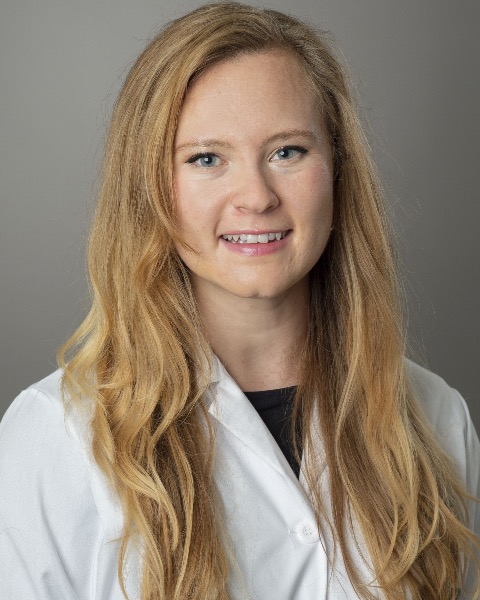Thyroid
(15.16) Thyroid Storm at Sea: A Case of Algae Induced Thyrotoxicosis

Alynna Knaub, DO (she/her/hers)
Internal Medicine Resident PGY2
EVMS
NORFOLK, Virginia, United States
Submitter(s)
Iodine toxicity is an uncommon cause of thyroid dysfunction which occurs via the Jod-Basedow phenomenon. Iodinated contrast is the most common causative agent; however, iodine-rich seaweed may also induce hyperthyroidism. Iodine induced hyperthyroidism is usually benign and rarely progresses to thyroid storm. We present a case of severe hyperthyroidism following a diet containing only sea moss and fruit juice.
Case(s) Description :
A 37 year-old female with a medical history of Type 1 Diabetes presented with 3 days of nausea and vomiting after starting a diet of only 3 cups of fruit juices and 3 sea moss pills six days prior. She previously had a TSH < 0.01mU/L (range 0.5-5.0mU/L) and free T4 4.3 ug/dL (range 5-12ug/dL) two years prior, but had not been further investigated. She was tachycardic and tremulous on presentation to the intensive care unit. She did not have exophthalmos or goiter. Laboratory workup was consistent with severe thyrotoxicosis, with a TSH < 0.01 and free T4 >7.7, as well as diabetic ketoacidosis (DKA). She received intravenous Metoprolol for control of tachycardia, propylthiouracil (PTU), decadron, potassium iodine, and insulin infusion for DKA. PTU was changed to Methimazole and cholestyramine on day 2 due to worsening transaminitis. On day 5, she was transitioned to long acting Propranolol, Methimazole, and a tapered steroid course. She left against medical advice on day 6 and was lost to follow up.
Discussion :
Hyperthyroidism is a known complication following the administration of exogenous iodine with intake levels as low as 300mcg, especially in those who have pre-existing thyroid disorders. Edible algae is a dietary staple in the Eastern diet, however the iodine content of these products varies greatly and can contain upwards of 600mcg of iodine per serving. In particular, the type of seaweed our patient consumed (Irish sea moss) contains over 3mg/kg of iodine, exceeding the upper limit of recommended consumption. Thyrotoxicosis from seaweed has been documented in the literature but only after months to years of consumption prior to onset. In contrast, our patient took sea moss for less than one week. While she did have abnormal thyroid testing years prior, she had no formal diagnosis or prior treatment. In order to effectively manage thyrotoxicosis, it is vital to identify the etiology. Beta blockers with or without antithyroid drugs are the mainstay of treatment for iodine induced thyrotoxicosis. Healthcare providers should warn patients of the potential dangers of unregulated supplements, particularly about using iodine containing seaweed products which can be toxic to the thyroid even in small quantities.
